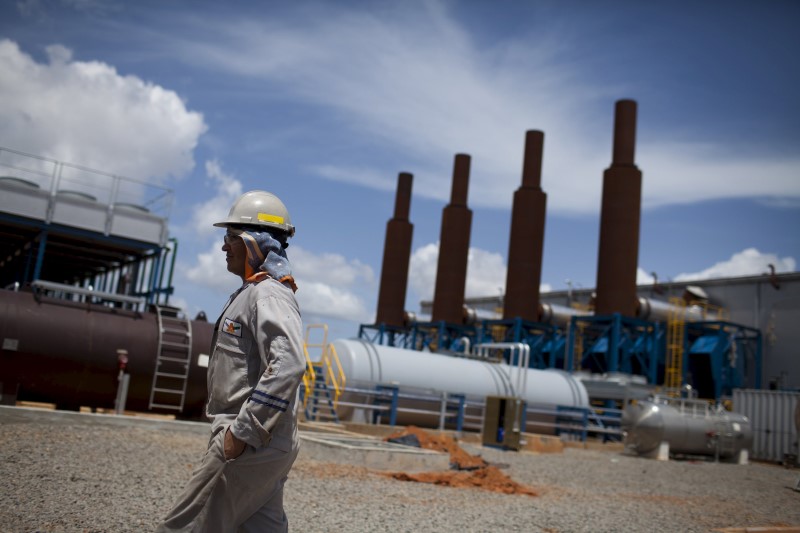OPEC's oil production fell in November, marking the first monthly decline since July, according to a Reuters survey, due to lower shipments from Nigeria and Iraq amid ongoing cuts by Saudi Arabia and other members of the broader OPEC+ alliance to support the market.
The Organization of the Petroleum Exporting Countries pumped 27.81 million barrels per day (bpd), according to the Wednesday survey, 90,000 bpd less than in October. Production had increased in the three months leading up to October.
The group's supply, which has been restraining output with Russia and other allies since late 2022 to support prices, will be further reduced starting next year after OPEC+ agreed to a new round of supply cuts for the first quarter of 2024.
The decline comes despite a new increase in output from Iran, one of the OPEC members exempt from production cuts. Iranian production reached its highest level in five years, according to the survey, offsetting some of the cuts made in other countries.
Production from the 10 OPEC members subject to OPEC+ output cut agreements fell by 130,000 bpd, according to the survey. Saudi Arabia and other Gulf members maintained strong compliance with agreed-upon cuts and additional voluntary reductions.
The Reuters survey aims to track market supply and is based on shipping data provided by external sources, LSEG flow data, information from flow trackers like Petro-Logistics and Kpler, and information provided by company sources, OPEC, and consultants.
In a meeting held last week, OPEC+ agreed to new production cuts totaling about 2.2 million bpd for the first quarter of 2024, led by Saudi Arabia, which extends its current voluntary reduction



















